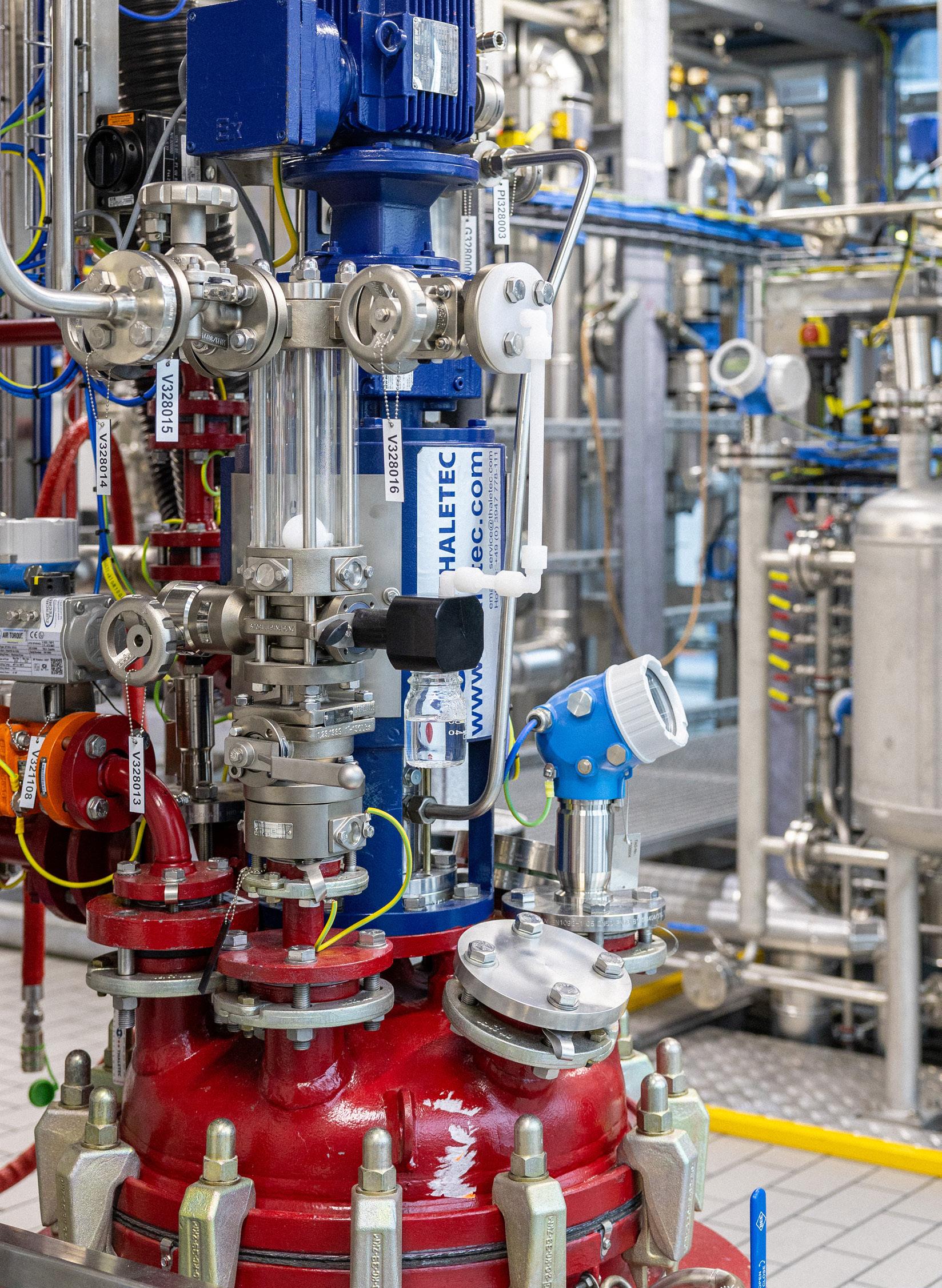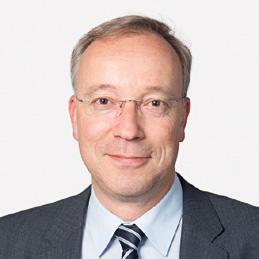Process Technology Center ( PTC )
Innovation and practical relevance are at the heart of applied R&D at the FHNW School of Life Sciences (HLS). Our Process Technology Center (PTC) offers research and industry partners the ideal platform to scale up laboratory-developed processes before large scale implementation.
The focus is on process and equipment optimization, as well as designing or adapting process parameters. In addition, product samples for a range of high quality dosage forms can be produced at the PTC in a range of quantities. From (bio)pharmaceuticals and (bio)chemicals to environmental and nutrient technology – whatever the field, the PTC offers the same facilities as pilot systems used in industry.
PTC systems are installed in appropriate environments, from clean room to Ex zone. Every step of a new process can be mapped and run, from batch to finished product, and our expert staff provide all necessary support.
Thanks to comprehensive state-of-the-art measurement and control technology, all relevant process parameters are recorded, visualized and analysed, allowing process evaluation in terms of the results expected. This data science integration, and the quality and quantity of data generated, enable further model-based development and optimization.
Technology readiness level (TRL)
The TRL classification comprises nine classes (source: NASA 1988), TRL 1 being the description of the functional principle, TRL 4 an experimental lab setup and TRL 9 a proven successfully deployed system. Industry, research institutions and funding programs are increasingly using this classification.
PTC process technology and data science are used to evaluate the feasibility of innovative ideas and processes; for this piloting is essential. Projects in the PTC normally achieve TRL 5 –7 requirements, while for selected processes TRL 8 and 9 can be implemented. Hence the PTC offers unique research and development opportunities which correspond closely to industrial requirements.
Research and development opportunities
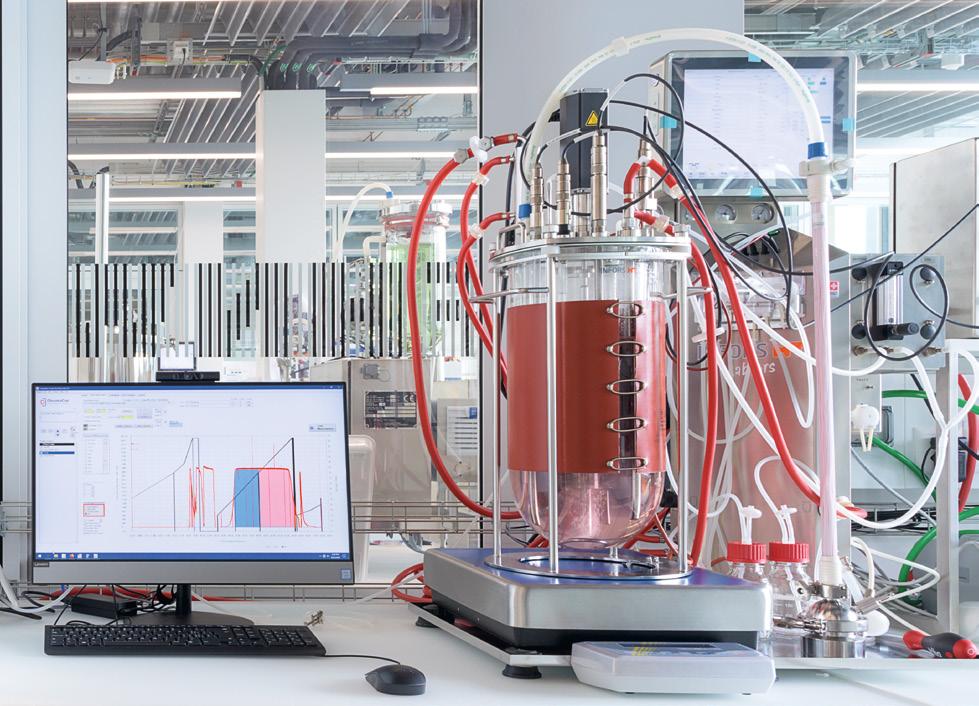
Bioprocessing
One goal of modern medicine is to provide patients with individually tailored therapies, but complex processes are required to produce the biological agents necessary. Bioprocess technology ensures that these processes run at higher yields and always deliver a high quality product.
Chemical Process Development and Process Safety
At the PTC we can measure chemical reactions precisely, make them more efficient with catalysts or test their explosion safety. In this way, processes can be established and optimized on a pilot scale.
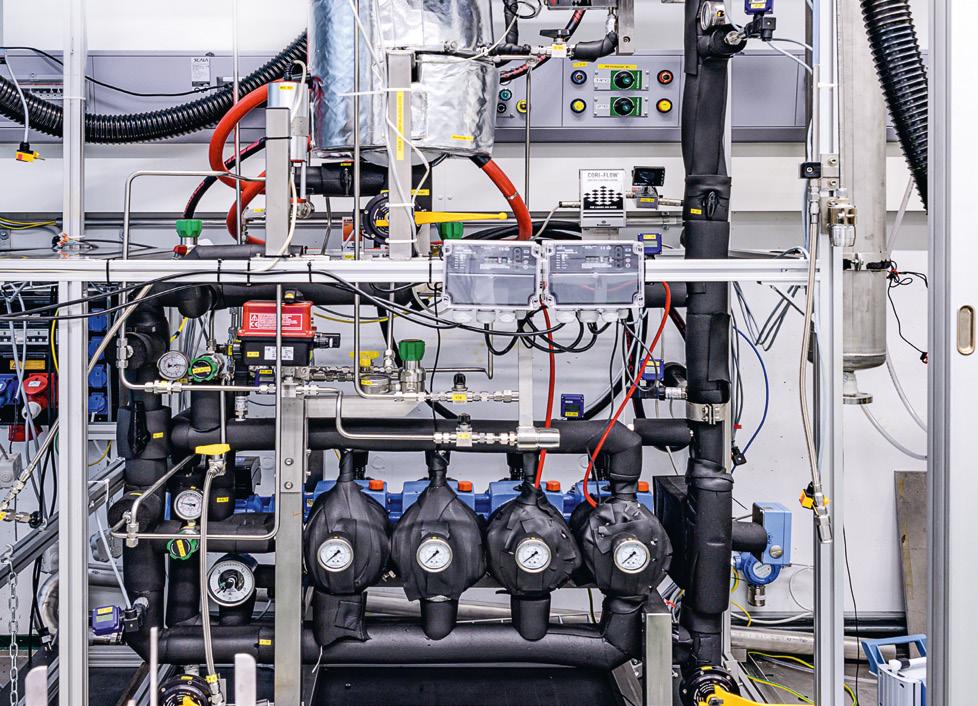
Cleanroom – sterile
pharmaceutical production
Medicines for injection, drips or application in the eye must be sterile. Therefore the entire manufacturing process is carried out under aseptic conditions in a clean room, including final sterilisation if needed.
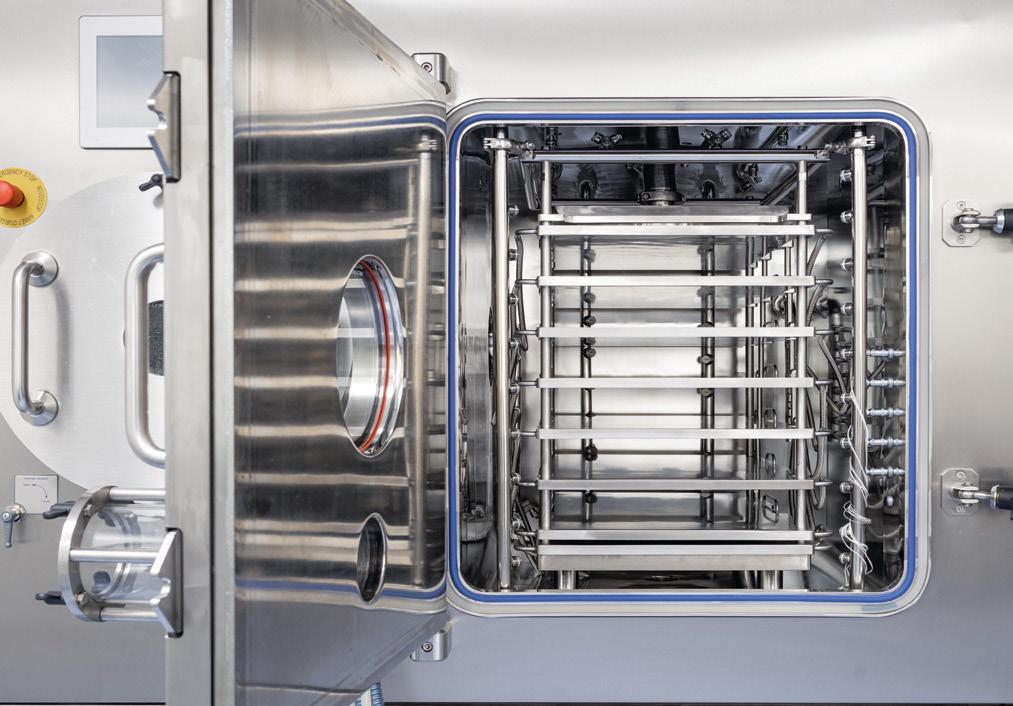
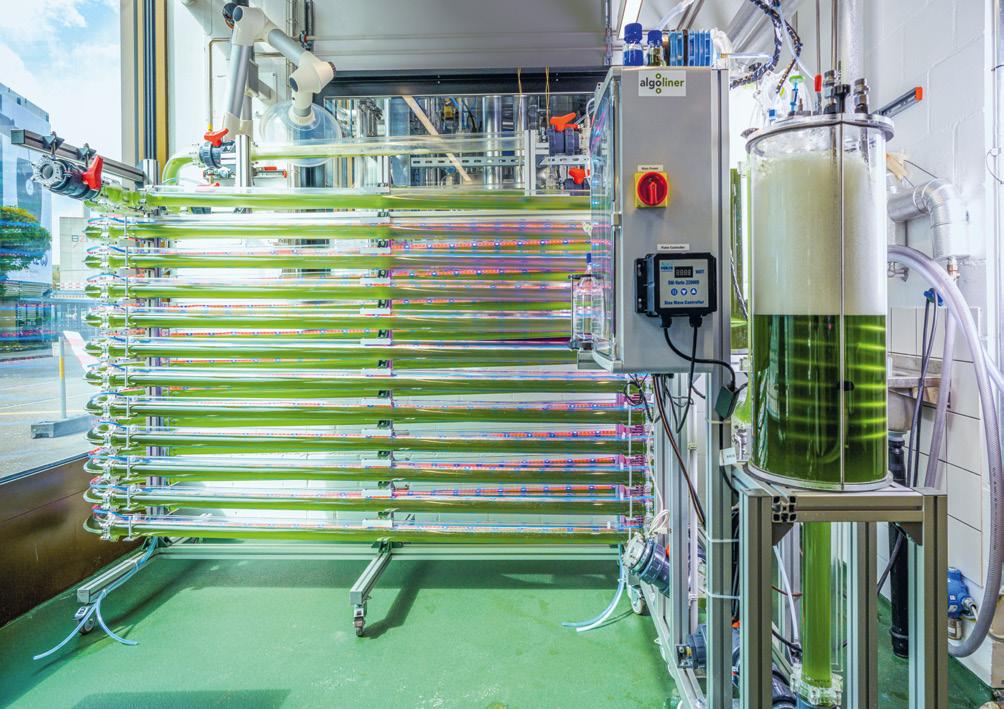
Pharmaceutical process technology
Correct composition and production of medicines are crucial to their efficacy. A wide variety of drug forms are developed, manufactured and tested in the pharmaceutical process technology lab.
Natural materials technology
Many natural materials contain health-promoting compounds and other beneficial substances. The Natural Materials Technology lab extracts valuable ingredients from plants, and processes and packages them professionally.
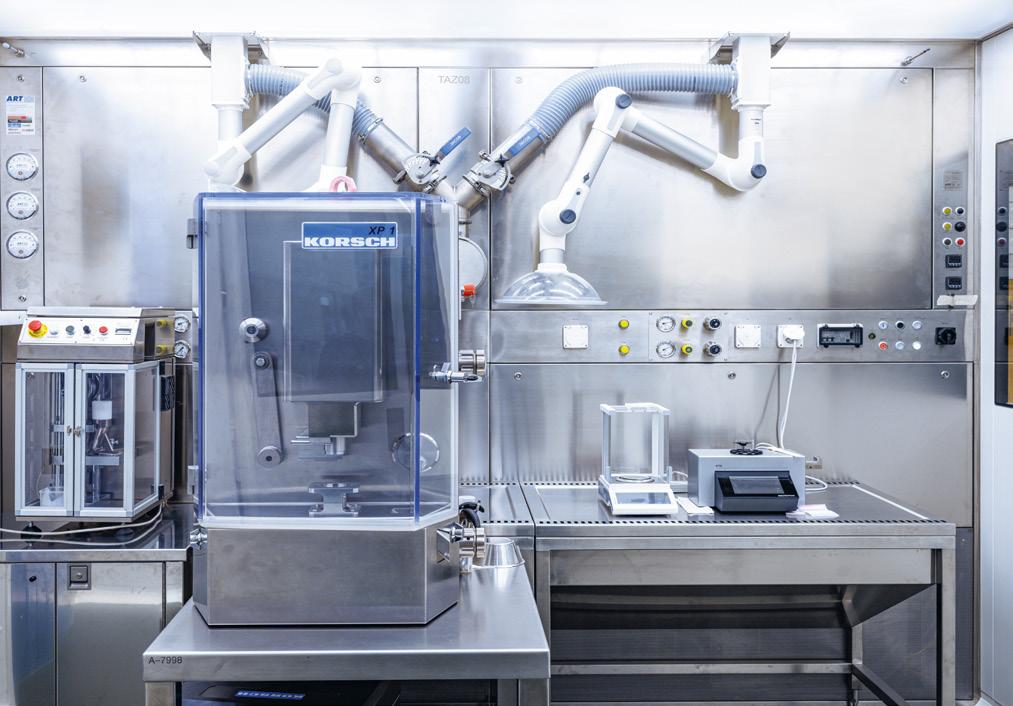
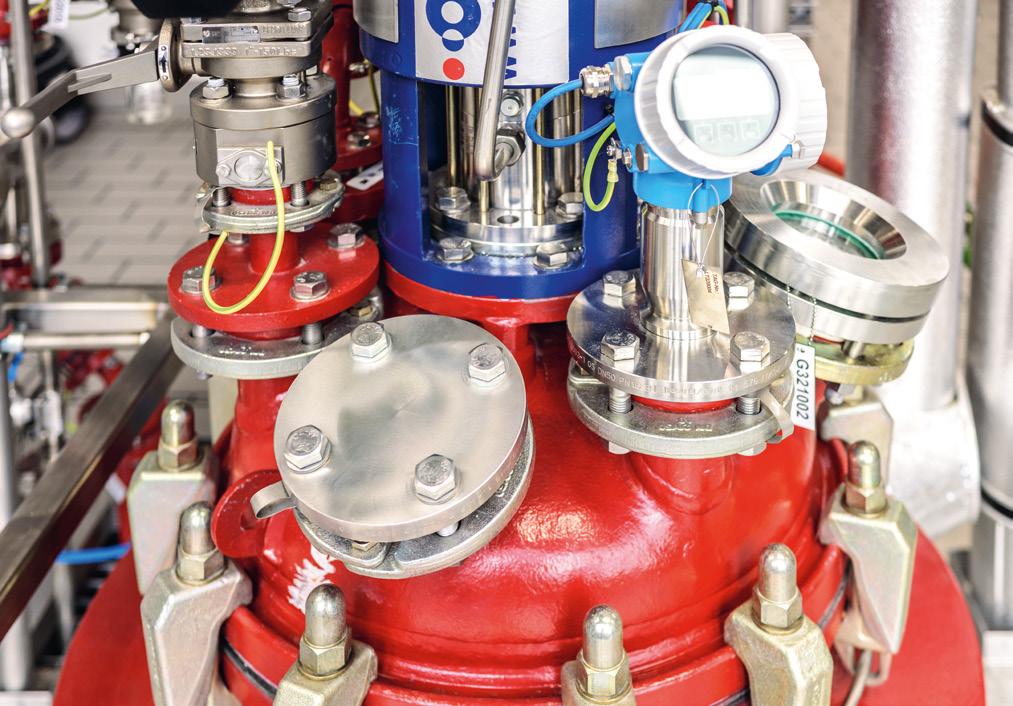
Thermal separation processes and (bio)refinery
The (bio)refinery produces fuel and recovers solvents. The starting mixture is separated as energyefficiently as possible based on different boiling points; bioethanol is produced in this way for example.
Environmental plant –wastewater management of the future
New wastewater treatment methods are analysed in the environmental plant; filtration and purification steps are tested and combined to ensure the best possible purification.
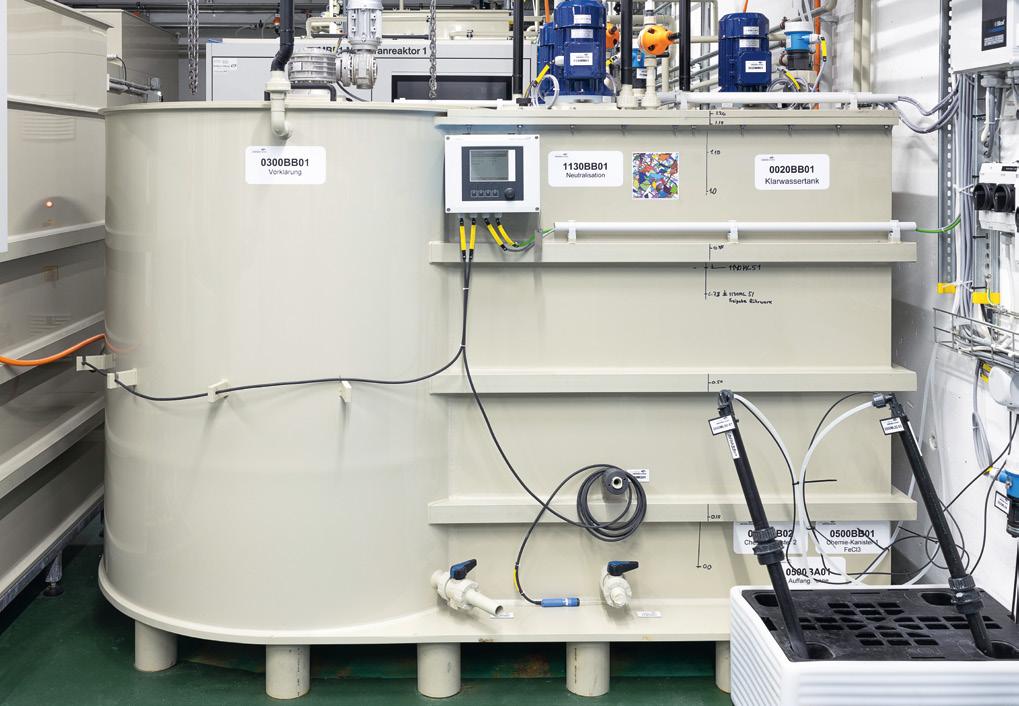
Contacts

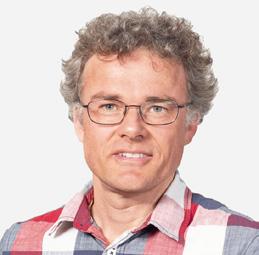

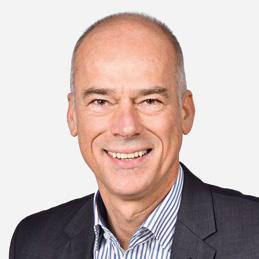

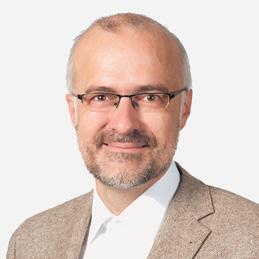
Bioprocess technology
Prof. Dr. Thomas Villiger
FHNW School of Life Sciences
Institute for Pharma Technology
Hofackerstrasse 30, 4132 Muttenz
T +41 61 228 52 46 (Direct) thomas.villiger@fhnw.ch
Chemical process development and process reliability
Prof. Dr. Andreas Zogg
FHNW School of Life Sciences Institute for Chemistry and Bioanalytics
Hofackerstrasse 30, 4132 Muttenz
T +41 61 228 58 25 (Direct) andreas.zogg@fhnw.ch
Cleanroom and sterile pharma production
Prof. Dr. Oliver Germershaus
FHNW School of Life Sciences
Institute for Pharma Technology
Hofackerstrasse 30, 4132 Muttenz
T +41 61 228 55 26 (Direkt) oliver.germershaus@fhnw.ch
Pharmaceutical process technology
Prof. Dr.-Ing. Berndt Joost
FHNW School of Life Sciences
Institute for Pharma Technology
Hofackerstrasse 30, 4132 Muttenz
T +41 61 228 55 58 (Direct) berndt.joost@fhnw.ch
Environmental technology plant
Prof. Dr. Michael Thomann
FHNW School of Life Sciences
Institute for Ecopreneurship
Hofackerstrasse 30, 4132 Muttenz
T +41 61 228 53 34 (Direct) michael.thomann@fhnw.ch
Natural Product Technology
Prof. Dr. Wolfgang Riedl
FHNW School of Life Sciences
Institute for Chemistry and Bioanalytics
Hofackerstrasse 30, 4132 Muttenz
T +41 61 228 55 51 (Direct) wolfgang.riedl@fhnw.ch
Thermal separation processes and (bio)refinery
Prof. Dr. Wolfgang Riedl
FHNW School of Life Sciences
Institute for Chemistry and Bioanalytics
Hofackerstrasse 30, 4132 Muttenz
T +41 61 228 55 51 (Direct) wolfgang.riedl@fhnw.ch







The FHNW incorporates nine faculties:
– FHNW School of Applied Psychology
– FHNW School of Architecture, Civil Engineering and Geomatics
– FHNW Academy of Art and Design
– FHNW School of Life Sciences
– FHNW Academy of Music
– FHNW School of Education
– FHNW School of Social Work
– FHNW School of Engineering
– FHNW School of Business
FHNW University of Applied Sciences and Arts
Northwestern Switzerland
School of Life Sciences
Hofackerstrasse 30
CH - 4132 Muttenz
T +41 61 228 55 77
info.lifesciences@fhnw.ch www.fhnw.ch/lifesciences

www.fhnw.ch/lifesciences
Photography: Sabine Goldhahn
